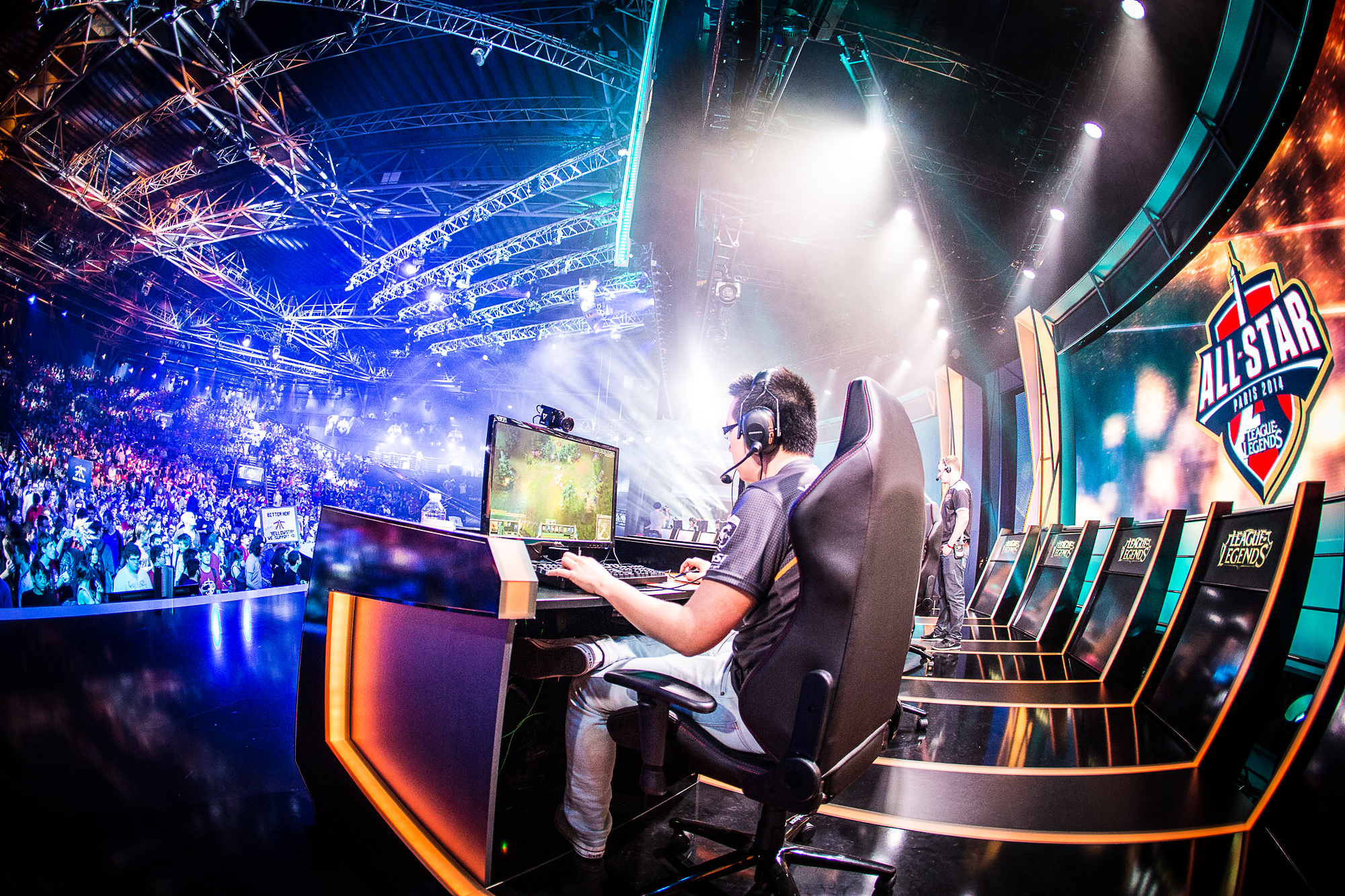
No Love for Casuals
Lifestyle & Opinion August 19, 2016By Wesley Griner
Professional gaming has been both a boon and a detriment to the online gaming community. While professional gaming has helped to legitimize gaming as a hobby or career, it has also set a nearly unobtainable expectation for how to best play a game. This expectation extends to non-professional play, where it can create tension between players. The players who are usually the victims of the tension are the “casual” players, as they are generally less skilled than their more dedicated allies. This difference in skill has created a rift among the player base that is pushing casual players away from games. If these players continue to feel unwelcome in these online games, then the professional scene will quickly lose many of its loyal followers.
Many people enjoy being ruthless antagonists online. Whether out of the joy of being cruel or because the internet allows for anonymous negativity, it seems every place has room for an angry individual. This problem is beyond the small scope that is online gaming, but its effects are ever-present. It would seem that in many ways this issue is even worse in games. The tangible accomplishment of winning a match is often the only reason needed to launch into a slur of insults. It appears almost unrealistic at times to hope that this could get better over time, but the scene is still new and there is still time for leaders to stand up and guide the ship back on course.
There are various measurable situations that can cause a player to have an unpleasant experience. The first and most obvious would be who the game matches with the player. In many cases, this is a randomized process. As a result of such randomization, poorly skilled players will often find themselves matched against highly skilled players. The second situation involves the term “meta,” which is the best combination of characters, abilities, items, and strategies that yield the best chance at winning. When less experienced players make choices that do not fit into the “meta”, they can find themselves on the receiving end of harsh criticism. The last situation is a matter of ranking. In many games, players are given a rank that shows their place amongst their fellow players. These ranking systems are often used as a tool to further any hostilities against people. All of the situations draw back to the issue of casual players being expected to perform like the professionals.
Like any sport, an audience is required to make money. The primary fans of “esports” are the players that desire victory and aspire to be like the pros. If professional gaming is to grow into something comparable to other major sports, it must bring in people who would not normally watch it. Those people would be the casual players, who are being pushed away from the competitive scene by the existing fans of the sport. This makes growing the sport a self-consuming process by which the people who would benefit the most from the growth of the sport are also the ones preventing it from advancing. It would be beneficial to everyone if the pro players made it a point to speak out against this kind of behavior.
Header image from game-accessibility.com.
